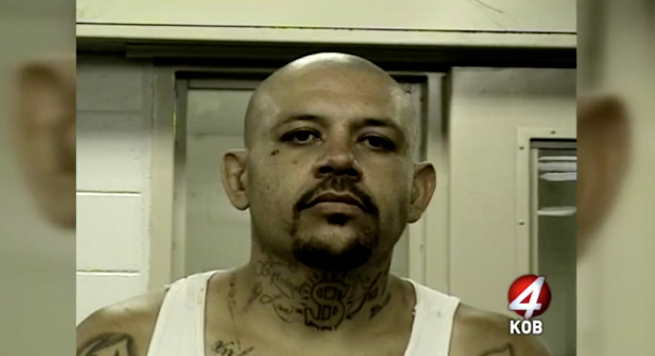
(Video) NM – DA addresses implications of releasing dangerous offenders.
When you handcuff judges and take away true judicial discretion – in favor of a system that either detains you permanently or releases you back into society with zero accountability – the results are dangerous.
What criminal “reformers” do not understand is that criminal justice reform is not a “one size fits all.”
With the virtual elimination of accountable commercial bail and the addition of preventive detention in New Jersey (by court interpretation of the NJ Bail Reform Act) and New Mexico (by both legislation and court order), the state has essentially removed the only accountable release option judges had to consider.
The result? New Jersey’s court system is overreaching by detaining offenders for charges well beyond the “violent and dangerous” threshold and the New Mexico court system is releasing offenders seemingly for any charge, with blatant disregard to victims or the impact on communities.
New Mexico Bail Reform, Risk Assessments, and Pretrial Services
- ZERO Accountability
- ZERO Deterrent
- ZERO Supervision
- ZERO concern for victims
- ZERO Bail…just a “pinky promise” to return
- Bail Reform – Dangerous, Reckless, and a Taxpayer Burden
DA addresses implications of releasing dangerous offenders
(reported by KOB4 – Sept 11 2017)
One of the things that has been most scrutinized as a potential factor in rising levels of crime in Albuquerque is judges who let repeat criminal offenders out on the streets.
Bernalillo County District Attorney Raul Torrez, who must ask those judges to keep suspects in jail before trial, is one person pointing to the justice system as allowing dangerous individuals out the door. There is a long list of people he believes are dangerous, but judges released them anyway.
When police describe career criminals, they are talking about guys like Martin Garcia.
“We asked for pre-detention in June. He had a series of, I believe, 10 armed robberies that he was connected with,” Torrez said. “We asked for his detention. That was denied.”
Not too long after that denied request in June, Judge Jacqueline Flores let Mora back on the streets. He disappeared until police arrested him again, following an alleged crime.
“He was caught in another armed robbery last week or two weeks ago and fled from the scene. [He] actually fired at officers in the course of a police chase,” Torrez said. “It’s not so much that we are frustrated; we are concerned.”
Mora is only one example of what Torrez sees all too often: people with a history of reoffending and seen as dangerous by his office being allowed back on the streets to offend again.
When it comes to what Torrez sees played out in courtrooms, he said that if judges granted his request to put dangerous suspects on pretrial detention and keep them behind bars, Albuquerque would be a safer place.
“We are asking to hold these defendants because we believe they present a danger to the community,” he said.
Oftentimes, he says, these are individuals accused of homicide, sexual assault, attempted murder and armed robbery.
“People we believe should remain in custody.”
‘REMARKABLY DIFFERENT OUTCOMES’
Torrez admits he has gotten crafty about how to keep people locked up. When possible, he said he moves dangerous defendants out of the state court system and into the federal system.
He said there is a huge difference in the rate at which felons are detained in both systems – from about five percent in state courts to 75 percent when they are brought before federal judges.
“What it reveals is you have two court houses in the same city that are reaching remarkably different outcomes,” Torrez said. “They use a different process, and I think we need to have a careful dialogue about whether the process we are using inside state district court is working.”
This problem isn’t unique to Bernalillo County. In fact, every district attorney in New Mexico has the same complaint.
Later this week, all district attorneys are expected to propose new state court rules, ones they hope do a better job of mirroring what they see in federal court.
